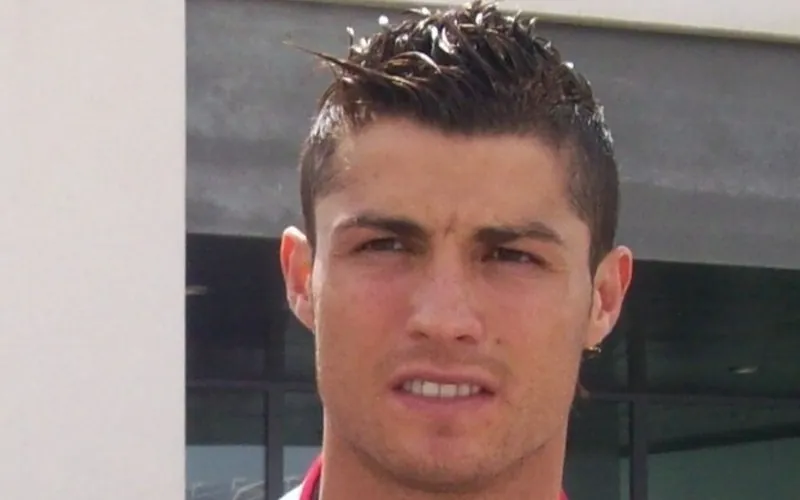The Saudi Pro League (SPL) has become a major disruptor in football over the past two years.
The Kingdom invested heavily in four clubs – Al-Hilal, Al-Nassr, Al-Ittihad, and Al-Ahli – via the Public Investment Fund (PIF) in a bid to raise its profile and influence in football.
This financial influx resulted in groundbreaking moves that shook the core of football’s ecosystem. We look at three ways the SPL has impacted the industry.
A New Transfer Superpower Emerges
The SPL shocked the world with their aggressive transfer strategy. After snapping up Cristiano Ronaldo for free, they followed up with a frontal assault on Europe.
They snapped up Neymar, Karim Benzema, Ruben Neves, Kalidou Koulibaly, Riyad Mahrez and numerous other stars from the top European leagues.
Clubs were previously afraid of big European clubs such as Ream Madrid and Manchester City snapping up the best talents. The SPL has disrupted the established order.
Madrid are fighting to keep Vinicius Junior amid a multimillion-dollar offer from the SPL. Man United face the same battle with their captain, Bruno Fernandes.
Some players in their prime are willing to give up on European football for a move to the SPL, and European clubs are struggling to resist the Saudi financial power.
SPL clubs altered the balance of the transfer market by paying premium fees and wages. Selling clubs are adjusting their demands, inflating a market that already needs curbing.
Playing in Europe used to be the dream of young talents, but the SPL aims to challenge the status quo in football.
They have bought players, influence, visibility and a claim to footballing relevance, turning the tables on traditional football dynamics and leaving Europe in unfamiliar territory.
The Betting Industry Boom
With several world-class players moving to the Middle East, the SPL has become more attractive to punters in every corner of the globe.
Bettors barely noticed the league before. However, punters now visit sportsbooks looking for SPL markets to place their bets and profit from their knowledge of the game.
The fact that there is a considerable disparity in squad strength plays into the hands of punters. When the big four take on other opponents, they are the overwhelming favourites.
Arab wagering platforms, especially Payeer sports betting sites, are usually inundated with wagers backing the PIF-funded teams and their star-studded squads.
The visibility of the SPL has translated directly into betting. However, while it is an exciting opportunity, there is also an element of risk.
While the betting interest means more revenue for the SPL, fans may lose interest if the games are always lopsided.
People love football because of its underdog stories, but what happens when they have no shot against the big guy? The appeal of the competition will suffer if the results become too predictable.
AFC Champions League – Dominance or Destruction?
The AFC Champions League has borne the full brunt of the SPL’s rise. The competition used to be balanced with top teams from Japan, South Korea, Australia and Iran battling for supremacy.
However, the 2025 edition was a perfect example of the change in power dynamics. Al Ahli, a Saudi team that suffered relegation two seasons ago, beat Japanese side Kawasaki Frontale to claim their first AFC Champions League title.
APL clubs dominated proceedings from the outset. Three of four PIF-funded clubs topped their groups and collectively lost only one of 24 group-stage matches.
Saudi Arabia hosted the final games in Jeddah to make things even more unfair and lopsided. There were three Saudi teams in the semi-finals, highlighting the imbalance.
It is farcical that other Asian competitors have to battle Saudi teams that dwarf them financially while having a ridiculous home advantage in the latter rounds.
The Asian federation needs to check this imbalance. The integrity of the AFC Champions League is at stake.
There is no logical reason for the AFC to scrap the home-and-away format that gave the little guy a fighting chance. The new set-up effectively hands the title to Saudi teams.
Growth is good, but it cannot come at the expense of fair play. The AFC should introduce salary and transfer caps to ensure the prestigious competition does not become a caricature exhibition.


